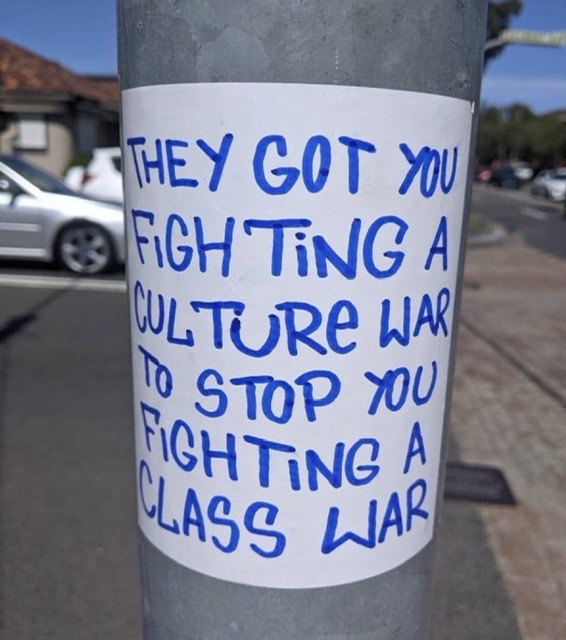Using Hot-Button Issues for Political Control
America cannot settle the abortion question anytime soon, the political class is in no hurry. Judging by the protests in reaction to Dobbs, the social upheaval is very manageable. You may remember the Black Lives Matter riots of 2020. They were very intense, the largest turnouts in recent memory, even defying headwinds from the COVID pandemic. People poured to the streets, hundreds of thousands manifesting disagreement with the way policing works in America. And yet, no meaningful legislative action took place. For the political class, the riots became an indicator of 'protest intensity' at which no actual steps need to be taken.
In retrospect, the Black Lives Matter protests were 'contained' in a way that allowed Washington to wait them out. Under a logic of containment, social upheaval is a transitory phenomenon to be managed, not a voice to be heard. After all, if you are confident in your ability to contain, you don't need to do anything else – wouldn't conceding mean the opposite? From the perspective of the ruling order, there's no practical need to accommodate the feelings of the Nation if you can keep people at bay, there's no pressure to make laws and life better. What are people gonna do, vote for the other party?
This is the kind of perverse incentives that exist in the American democratic system. Under the prevailing system, parties benefit from keeping hot-button issues alive because they provide cover for other issues where power is actually at stake. If the American political class provided solutions to recurring issues like policing, abortion access, and gun violence, public discourse would move to questions of shared prosperity, things like social security, healthcare, education, and housing. It’s the kind of issues they need to keep public pressure away from because supporting the people’s cause in relation to them puts them in a very uncomfortable position. Here’s how…
When pressure mounts on issues of common prosperity, government spending grows along with public financing needs. The issue of taxations puts politicians directly at odds with the owners of capital. Capital owners – people with substantial 'unearned income' – do a natural effort to fight claims of the public over the rents they are paid. This effort manifests in the form of systematized support for the careers of politicians that commit to keep taxes low and fend off pressures to grow public spending. Support tactics are varied and range from political contributions, endorsements, benign media coverage, to lucrative jobs in the corporate world, the so-called ‘revolving door’.
 A photo moving around on Twitter as of July 2022. Added after publication.
A photo moving around on Twitter as of July 2022. Added after publication.Unlike capital owners, wage laborers have little disposable income to push their cause. Any cash they set aside is likely to be dwarfed by the system of lobbying and courtship operated by wealthier Americans. Even if a politician seems sympathetic to the people’s cause, chances are they are taking money from corporate and wealthy donors. Even if they don’t, the central party structures of America (RNC and DNC) have systems in place to pressure and punish politicians who don’t toe the line.
✎ Connection to
Key / A Fragile Democracy